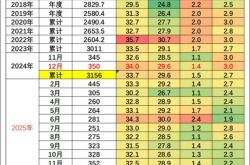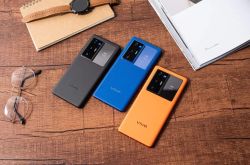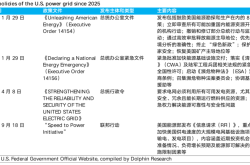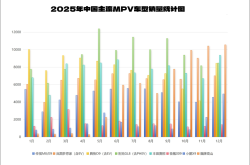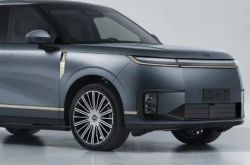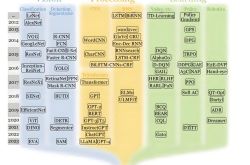From a common swallow to a phoenix, automakers find it hard to resist the temptation of Huawei and Momenta's intelligent driving solutions
![]() 11/25 2024
11/25 2024
![]() 586
586
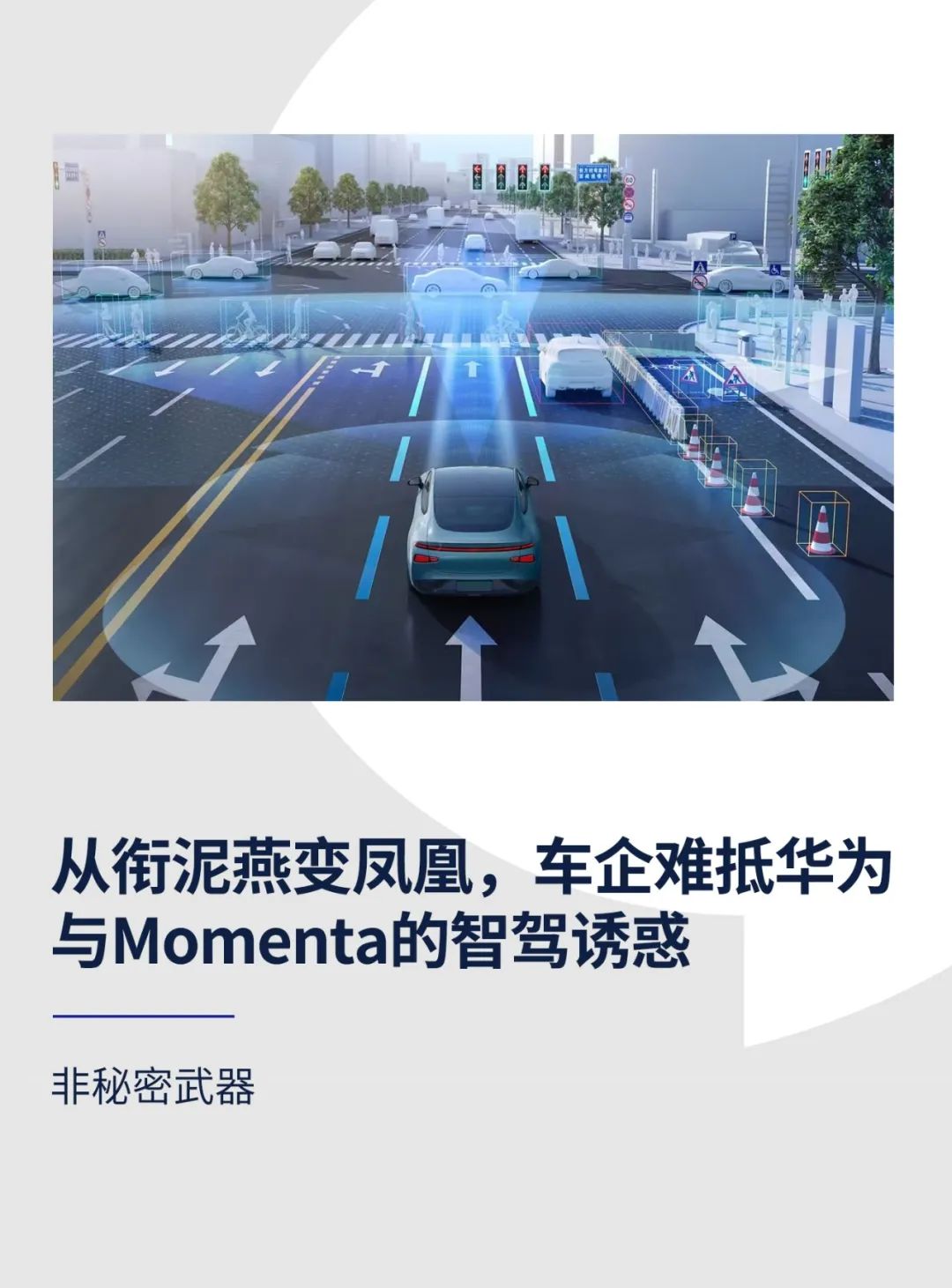
Author | Zhen Yao
Editor | Li Guozheng
Produced | Bangning Studio (gbngzs)
'GAC and Huawei have always maintained a strategic partnership, and our cooperation has never been interrupted. Whether it's from hardware to software, from products to the cloud, or from R&D to manufacturing, we have been working closely together for many years.'
Almost a month ago, Feng Xingya, general manager of GAC Group, expressed on Weibo, 'A few years ago, autonomous driving technology was an unattainable core competitiveness, but with the maturity and popularization of the technology, I now believe it is no longer the 'soul'.'
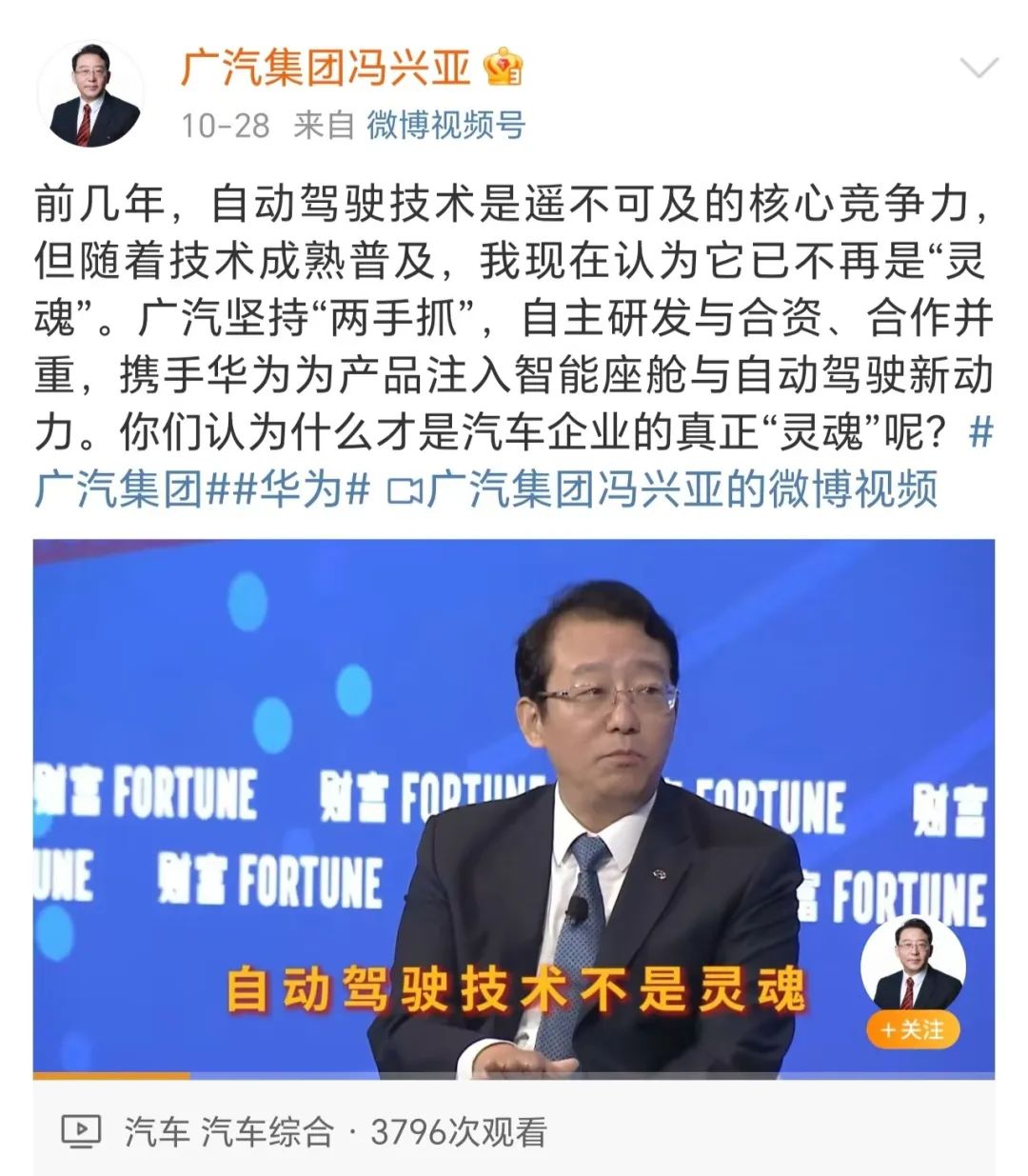
This view echoes a series of actions by GAC.
On September 24th this year, the first concept car, '1 Concept', jointly launched by GAC Trumpchi and Huawei, made its debut. Equipped with Huawei's Kunlun Intelligent Driving ADS 3.0 system and the new-generation HarmonyOS cabin, it showcases the deep cooperation between the two parties in intelligent driving.
Zeng Qinghong, chairman of GAC Group, also revealed important information: In the first half of next year, GAC Trumpchi will launch three models in collaboration with Huawei, all equipped with Huawei's HarmonyOS cabin and Kunlun Intelligent Driving ADS 3.0 system.
GAC's collaboration with Huawei may not be the earliest, but it won't be the latest either.
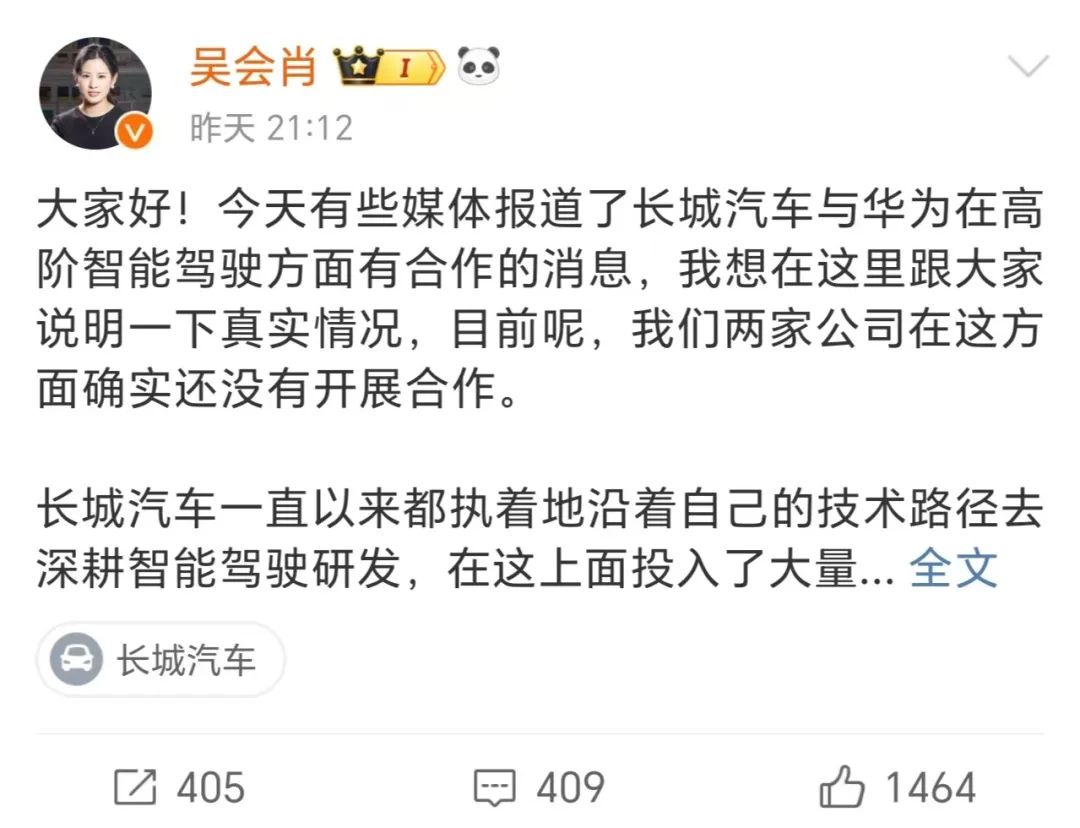
On November 21st, media reported that Great Wall Motors was collaborating with Huawei on advanced intelligent driving, but this was quickly denied by Wu Huixiao, CTO of Great Wall Motors, in a social media post that same evening.
She stated that Great Wall Motors has always been committed to developing intelligent driving technology along its own technical path, investing significant effort and resources in hopes of firmly grasping the core technology.
This year has seen rapid advancements in intelligent driving technology, leading the Chinese automotive industry into a new era of transformation. Regarding the choice of intelligent driving solutions, some automakers insist on fully self-developing intelligent driving technology, while others have different considerations and strategies.
The 2024 Guangzhou Auto Show, which opened on November 15th, demonstrated this industry state. On the one hand, Huawei's Kunlun Intelligent Driving has become the preferred choice for many automotive brands. On the other hand, Momenta's intelligent driving solution market share is also increasing. Additionally, some automakers have chosen intelligent driving solutions from Baidu, DJI (Zhuoyu), and Horizon Robotics.

Intelligent driving is crucial
End-to-end technology, L2++ level mapless intelligent driving, pure vision systems, urban advanced intelligent driving... These buzzwords that emerged in 2024 peaked in frequency at the Guangzhou Auto Show.
Great Wall Motors showcased over 20 vehicles, all of the Weilai Blue Mountain model, on a 3,200-square-meter exhibition stand. Such a large stand showcasing only one model attracted much attention.
'This is to allow everyone to more comprehensively experience the strength of Great Wall Motors' intelligent driving and intelligent cabin, proving that when we take it seriously, we can truly master intelligent technology,' said Liu Yanzhao, Vice President of Great Wall Motors.
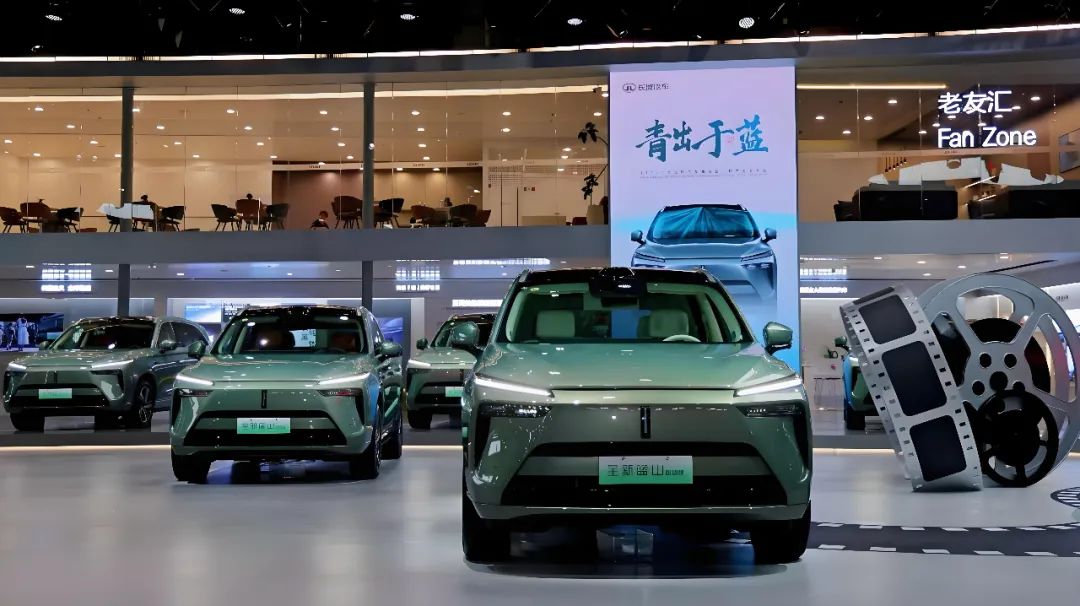
Brands like Zeekr, XPeng, and Li Auto focused on narrating their end-to-end intelligent driving narratives. Huawei's HarmonyOS Intelligent Driving Ecosystem Alliance showcased its prosperity.
Joint-venture automakers, such as Dongfeng Nissan, GAC Honda, and Beijing Benz, are also making efforts to showcase their latest achievements in intelligent driving technology.
A rough estimate shows an increase in models equipped with external brand intelligent driving systems.
The first is Huawei's Kunlun Intelligent Driving.
Automakers have embraced Huawei's Kunlun Intelligent Driving faster than expected.

On July 25th, the SL03 was launched, with the high-end model equipped with Huawei's Kunlun Intelligent Driving ADS SE system, billed as 'the only Huawei advanced intelligent driving system within 200,000 yuan.'
MPVs have also joined this camp. On September 19th, the new Lantu Dreamer, equipped with Huawei's Kunlun Intelligent Driving and HarmonyOS cabin system, was launched.
On November 20th, BYD's flagship model of the Fangchengbao series, the Bao8, was launched. As BYD's flagship for its 30th anniversary, it is equipped with Huawei's Kunlun Intelligent Driving ADS 3.0, becoming BYD's first model to feature Huawei's intelligent driving system...
According to incomplete statistics, in addition to the 'Four Worlds' under the HarmonyOS Intelligent Driving Ecosystem, numerous automotive brands, including AITO, ARCFOX, Lantu, BYD Fangchengbao Bao8, FAW-Volkswagen Audi, and GAC Group, have joined or will soon join Huawei's intelligent driving camp, with over 10 manufacturers and nearly 20 models involved.
The second is Momenta. On June 28th this year, GAC Toyota held a Technology Open Day, officially announcing many heavyweight partners, including technology companies such as Huawei, Tencent, and Momenta, showcasing its layout and strategy in intelligent cabins and intelligent driving.
In the field of intelligent cabins, GAC Toyota collaborates with Huawei. The ninth-generation Camry integrates many functions of the Huawei ecosystem, such as Huawei HiCar and Huawei's voice assistant.
In terms of intelligent driving, GAC Toyota is more cautious and has not partnered with Huawei, the current industry leader, but has chosen Momenta as a strategic partner.
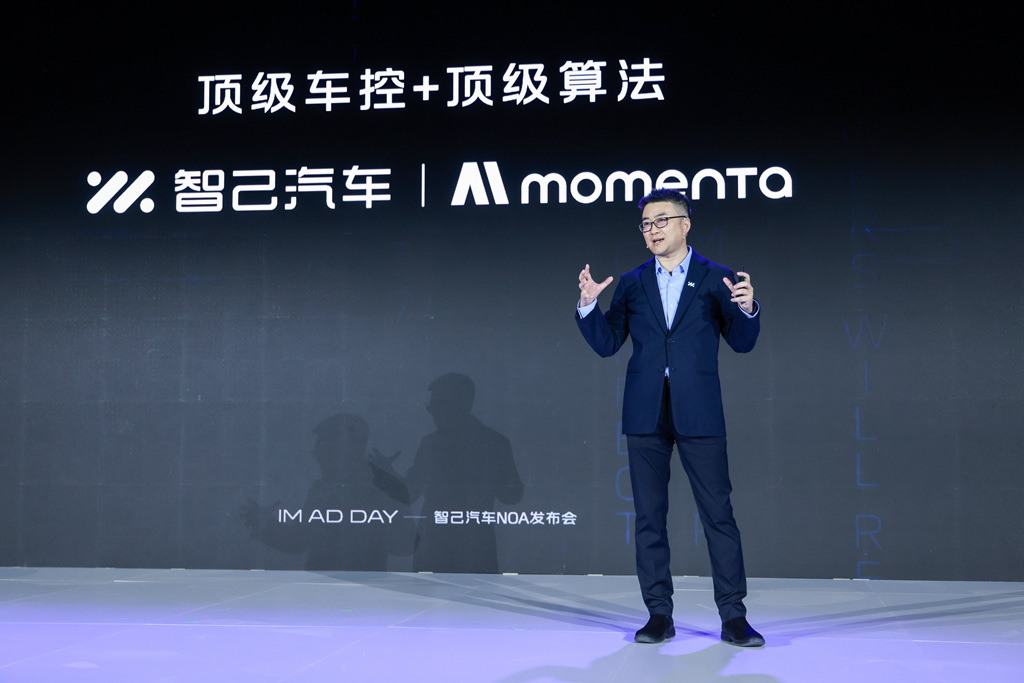
Other important strategic partners of Momenta include BYD, SAIC IM Motors, and Dongfeng Nissan.
Momenta has provided high-level intelligent driving mass production solutions for BYD's premium luxury brand Denza and SAIC IM Motors, with representative models including the Denza N7, IM Motors LS6, and IM Motors L6.
Dongfeng Nissan's new model N7 is also a collaboration with Momenta, creating a high-level intelligent driving system based on an end-to-end large model, featuring high-speed autonomous navigation and full-scenario parking functions. In the future, it will also feature the 'City Memory Autonomous Navigation' function.
Founded in 2016, Momenta provides different levels of autonomous driving solutions based on data-driven flywheel technology and a two-pronged product strategy combining mass-produced autonomous driving (Mpilot) and fully autonomous driving (MSD).
The third are Baidu, DJI, and Horizon Robotics.
Currently, these three intelligent driving systems are still relatively niche.
Since 2015, Baidu has collaborated with automakers such as Daimler, BMW, Ford, and Volvo. Many Chinese brands have also attempted partnerships, but the results have been inconspicuous, with Jiyue Automobile being the main automaker equipped with Baidu's intelligent driving system.
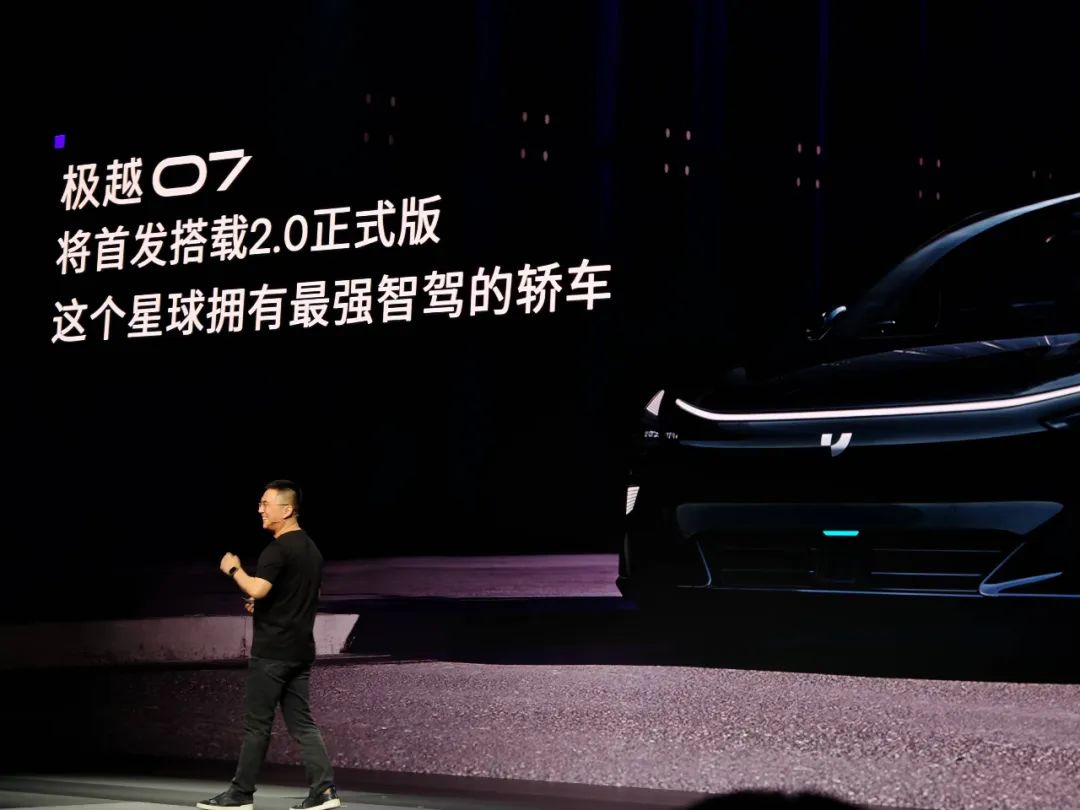
DJI and Horizon Robotics, on the other hand, offer more cost-effective intelligent driving solutions.
In June this year, DJI Auto was renamed Zhuoyu, focusing on intelligent driving. The Zhuoyu solution offers significant cost advantages, with high-level intelligent driving systems costing as low as 7,000 yuan and basic intelligent driving functions costing between 2,000 and 4,000 yuan. In particular, the Zhuoyu system can be applied to fuel vehicles, with great market potential. Currently, Baojun Joy Plus is equipped with it, realizing mapless city memory autonomous navigation assistance.
Overall, among intelligent driving solution providers, Huawei and Momenta undoubtedly dominate, both having achieved large-scale deployment in mass-produced vehicles, significantly ahead of competitors still in small-scale testing or initial application stages.
Among them, Momenta's core competitiveness lies in its relatively affordable solutions. Recently, it announced a breakthrough in technical bottlenecks, achieving nationwide applicability, garnering attention.
However, despite Momenta's technical progress, if its partner models from SAIC and other companies do not achieve large-scale growth, it may pose challenges for Momenta to realize large-scale application of its technology.
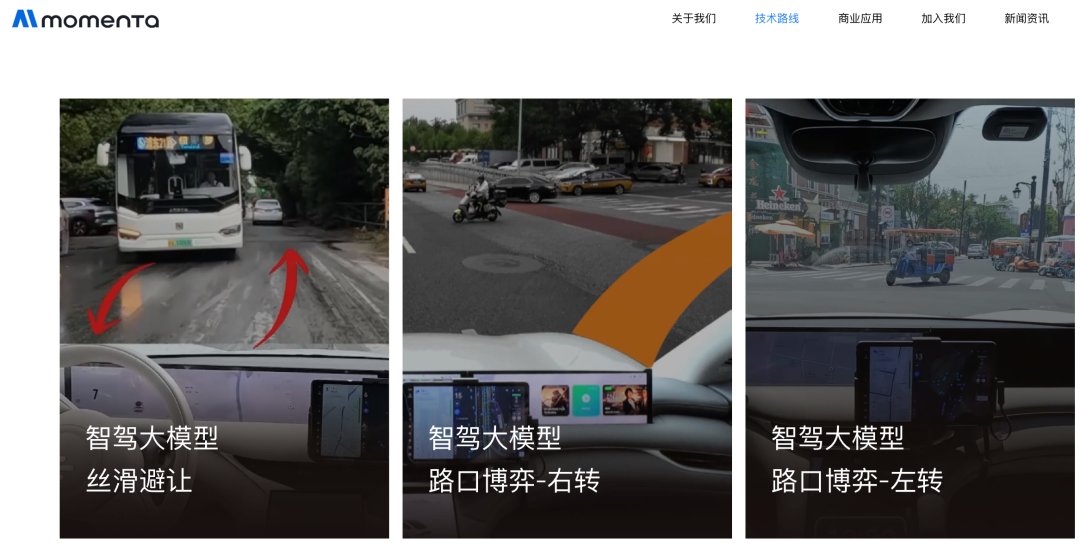
In contrast, Huawei's performance in the field of intelligent driving is more impressive. It is estimated that Huawei's intelligent driving system sells nearly 50,000 units per month. Brands like Lantu, ARCFOX, FAW-Volkswagen Audi, Fangchengbao Bao8, and GAC are actively collaborating, and it is expected that these brand models will continue to contribute to the growth of Huawei's intelligent driving sales in the future.
However, Huawei's intelligent driving system is relatively expensive, with most models equipped with it priced above 200,000 yuan, which may limit its market penetration, especially among price-sensitive users.

Not a Secret Weapon
In October, Lantu sold 10,200 vehicles, marking the second consecutive month it has surpassed the 10,000-unit mark. Prior to this, from January to August, its monthly sales hovered around 5,000 units.
Lantu's surge is not an isolated case, as 'second-generation car' brands like ARCFOX, IM Motors, and AITO have also shown similar growth trends.
'With super-range extension on one hand and Huawei's Kunlun intelligence on the other,' ARCFOX has continuously consolidated its core competitiveness with these two technical labels.
'This year, ARCFOX has grown rapidly, and we expect annual sales to reach 250,000 units, including 20,000 to 30,000 overseas,' said Deng Chenghao, president of ARCFOX recently. The goal for next year is to double sales and challenge a global sales target of 500,000 units, including 100,000 overseas.
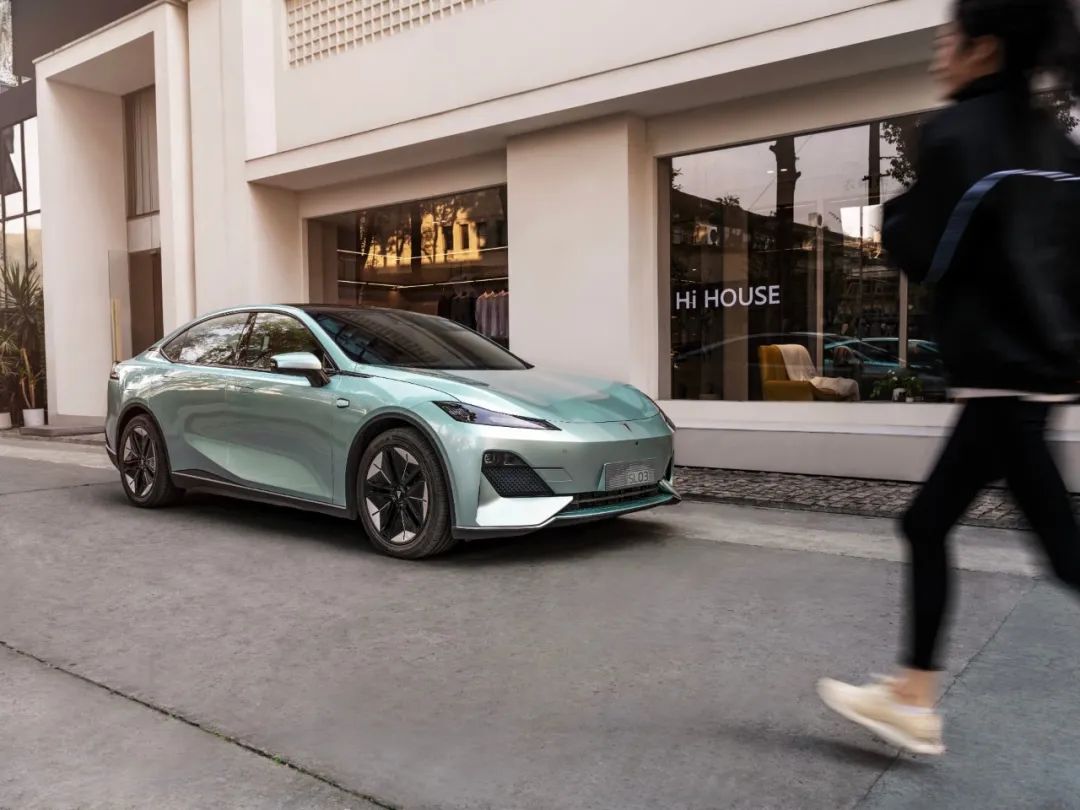
AITO also surpassed 10,000 sales in October, with a monthly sales volume of 10,100 units, representing a year-on-year increase of 150% and a month-on-month increase of 120%, setting a new record. In September, its sales were only 4,537 units.
The not-so-secret weapon of these three brands that have seen soaring sales is their other identity – strategic partners of Huawei's Kunlun Intelligent Driving.
The integration of Huawei's intelligent driving technology has added influence to these brands but has also reignited the debate on the 'soul theory,' although it has not affected their market performance.
'There's no need to always discuss the soul. We believe it's a great partnership. Why always discuss the soul when collaborating with suppliers and partners?' Lu Fang, CEO of Lantu, once bluntly stated, 'Autonomous driving technology is progressing too fast. We believe Huawei has the strongest capabilities in the world, and Lantu wants to give users the best experience, so we collaborate with Huawei.'
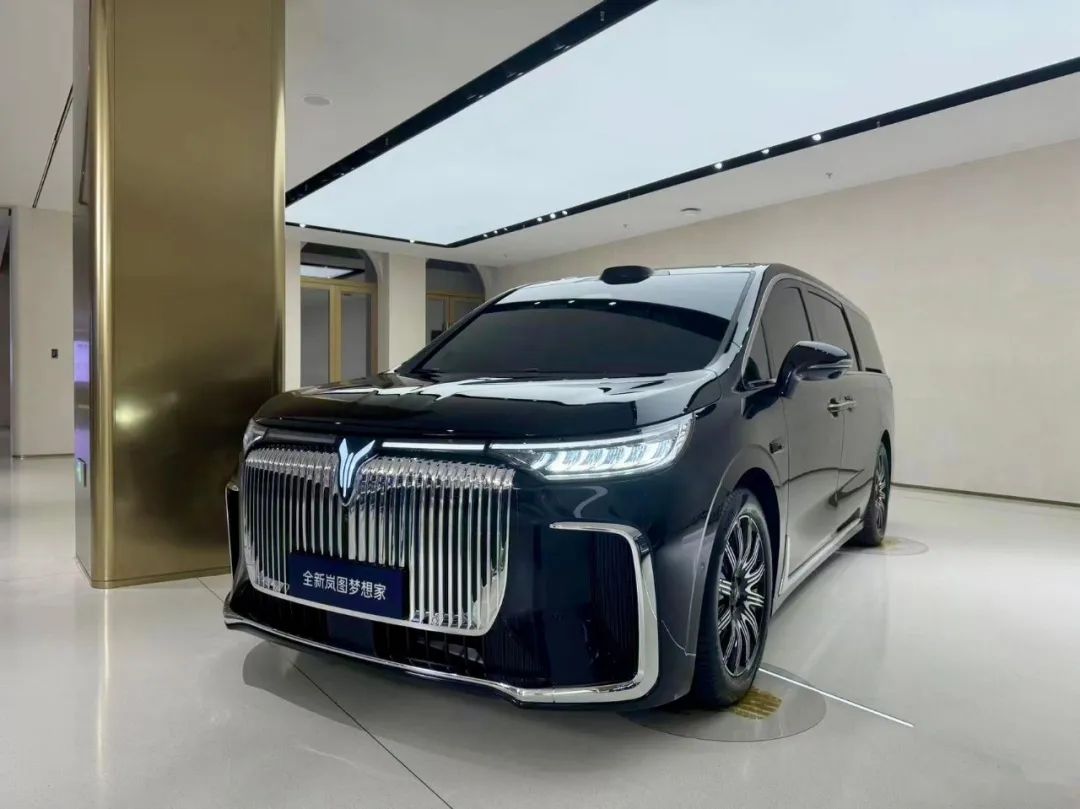
Luxury brand FAW-Volkswagen Audi also announced that its A5L model will be equipped with Huawei's intelligent driving system, and its Q6 L e-tron Huawei Intelligent Driving version has been unveiled.
Isn't Audi afraid of losing its 'soul'? In fact, launching new vehicles with Huawei's intelligent driving solution marks a strategic repositioning and upgrade for the century-old Audi in the new race of smart cars.
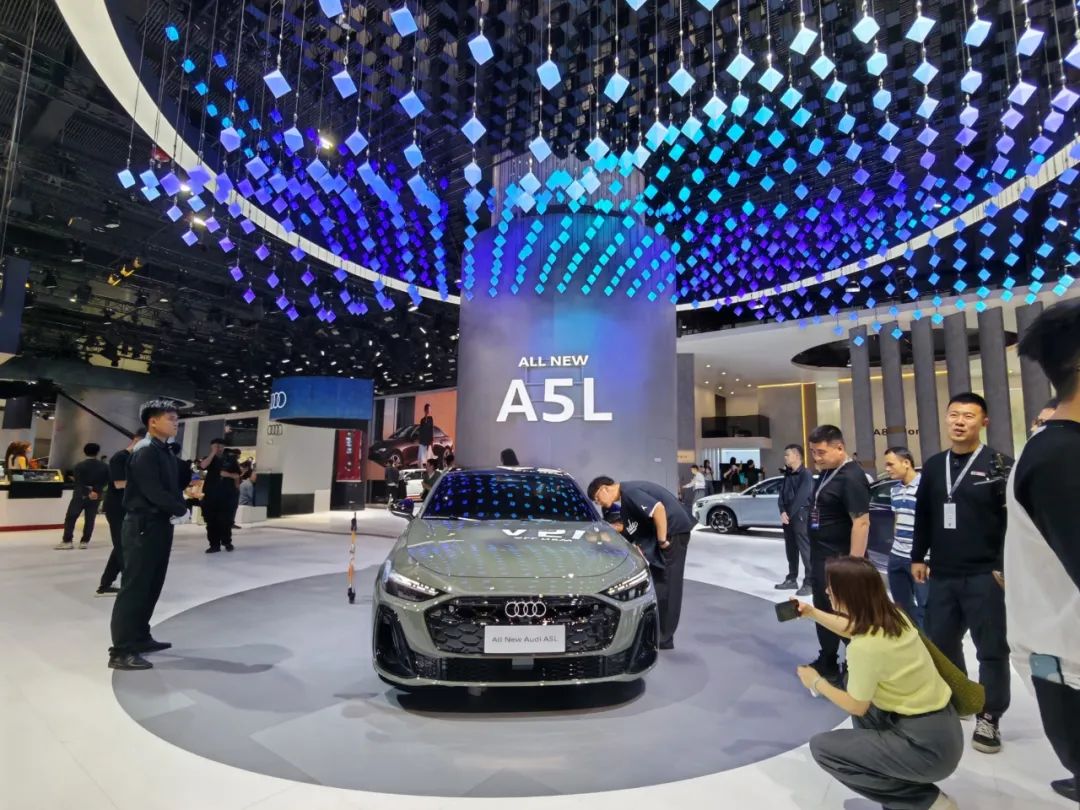
In terms of sales, many models in the same class that are not equipped with advanced intelligent driving systems have failed to meet expectations, with overall lackluster performance.
From the perspective of manufacturers, compared to independent research and development, choosing Huawei's intelligent driving system may offer higher cost-effectiveness and efficiency, along with maturity and market validation as guarantees.
Standing at the forefront of intelligent driving, automakers must decide whether to focus on independent research and development or look outwards for assistance, such as from Huawei's high-end Kunlun Intelligent Driving system, the emerging powerhouse Momenta, or more cost-effective solutions from DJI and Horizon Robotics.
Sometimes, making the right choice is more important than working hard on your own.

